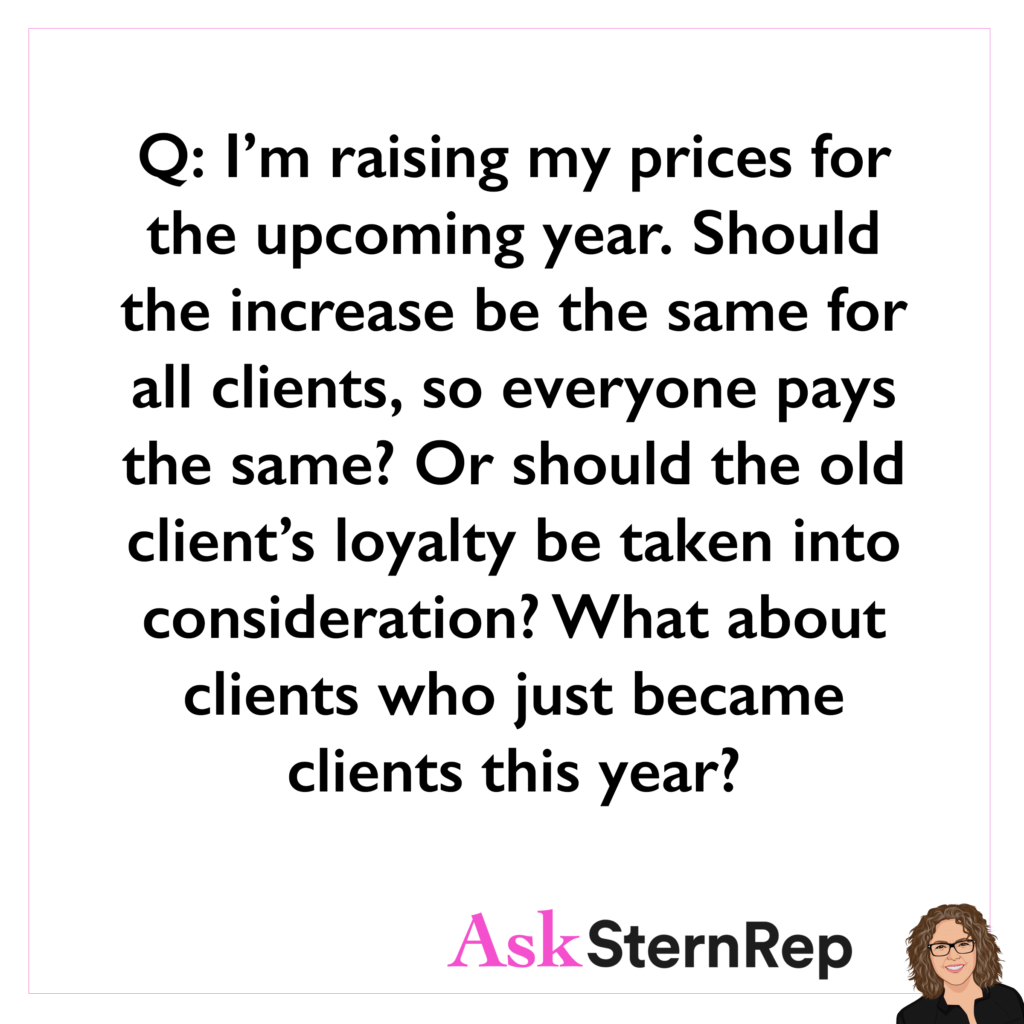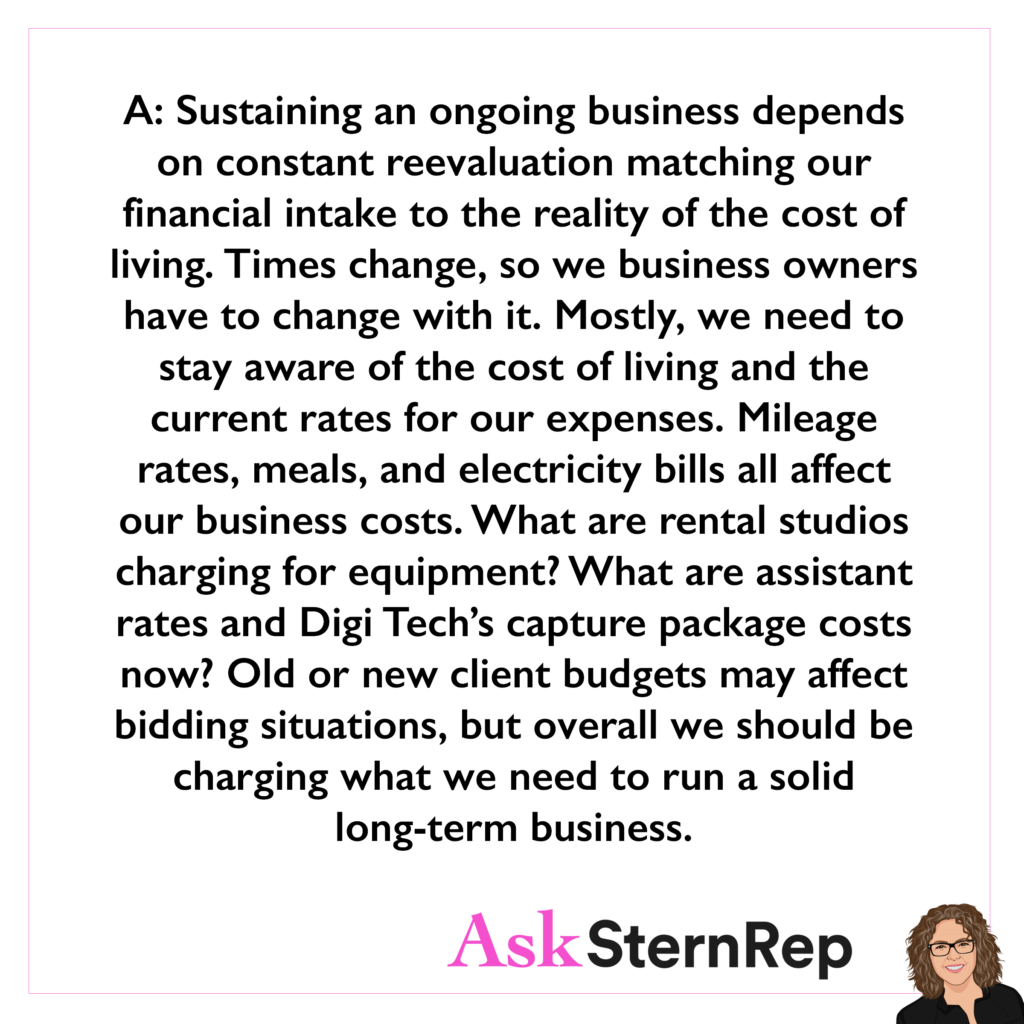What is your specialty? One CREATIVE FEE component that may get overlooked in fee formula calculations is how much the client needs you for this campaign. The specialization you bring to a project goes a long way, and you should be paid for it.
When setting a creative fee for a project, it is important to consider how specific and unique your creative skills are to that particular project. This can involve evaluating whether your look or style matches the needs of the project better than others and whether your particular skills and experience make you the best fit for the job. By taking into account these factors, you can justify charging a higher creative fee for your work.




